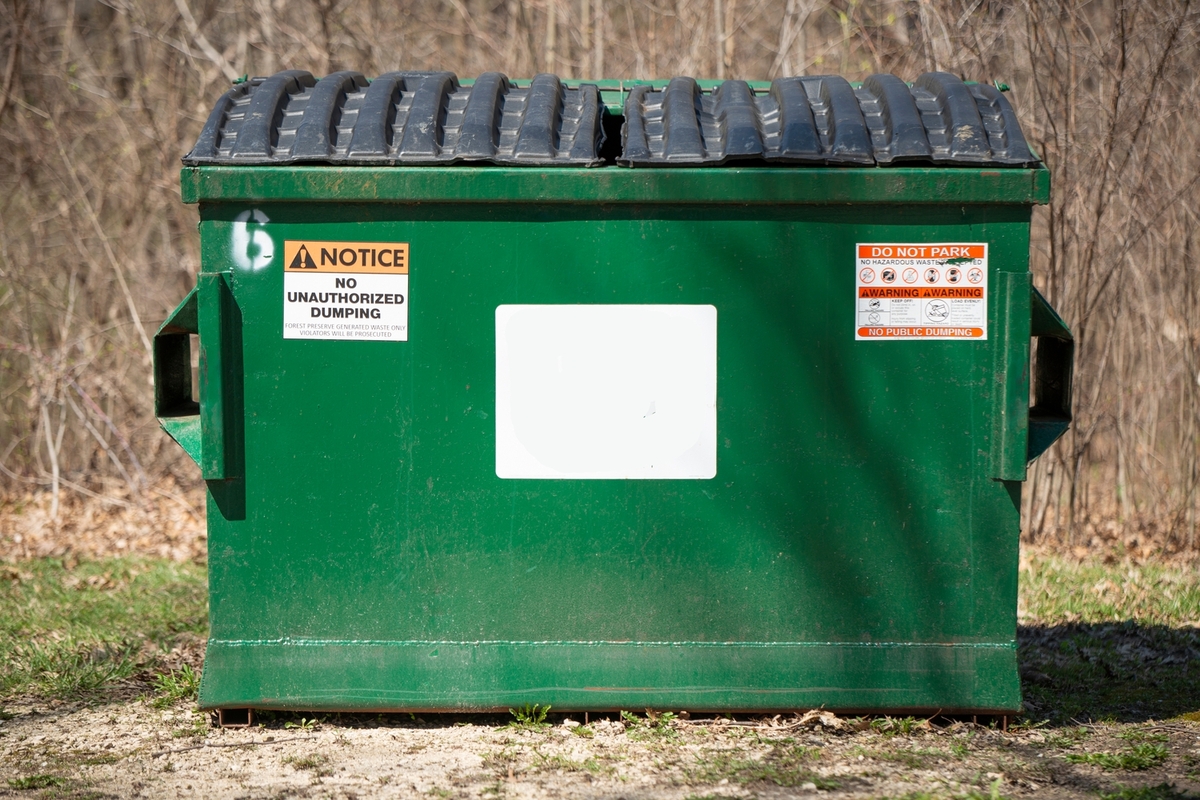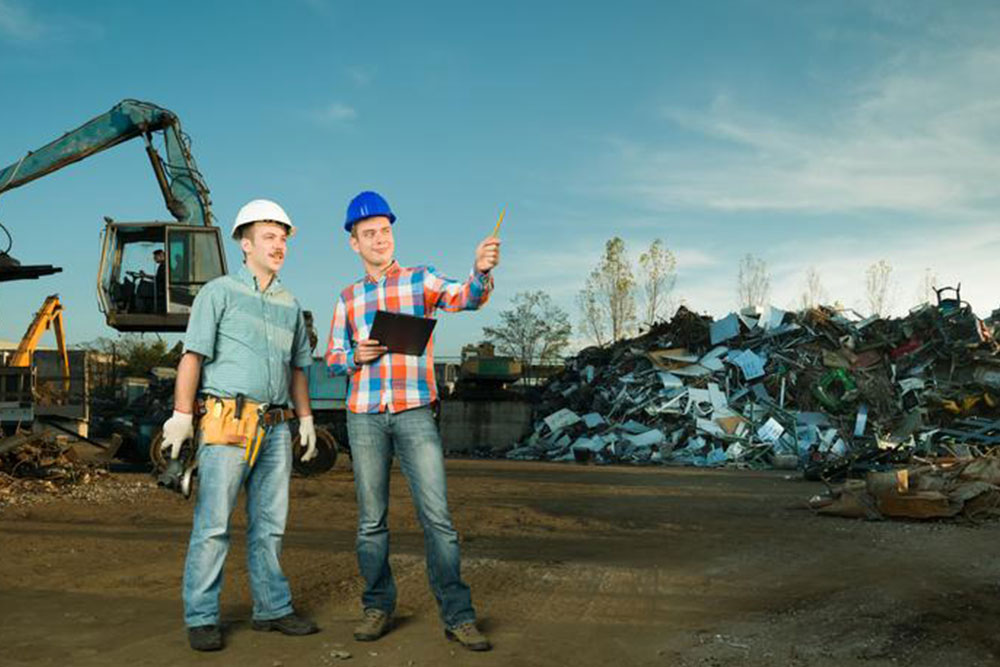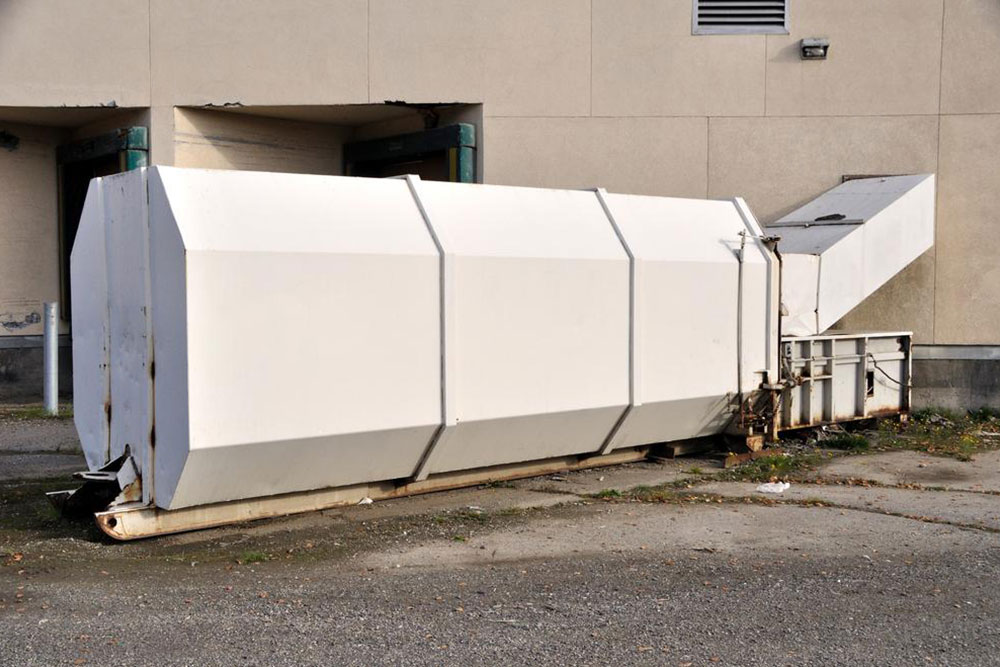Ultimate Guide to Selecting the Perfect Dumpster Rental for Your Project
This comprehensive guide provides essential tips for selecting the right dumpster rental, covering types, sizes, costs, and key considerations for residential and commercial projects. It helps users understand how to choose suitable waste containers to manage debris efficiently, save money, and ensure environmentally responsible disposal during renovations, cleanouts, or construction projects across the USA.

Ultimate Guide to Selecting the Perfect Dumpster Rental for Your Project
Opting for a dumpster rental is an effective way to handle waste during various projects such as home renovations, construction, or large cleanups. Whether you're clearing out a garage, landscaping, or managing a building site, renting a dumpster offers a simple solution to dispose of significant waste volumes without multiple landfill trips. This guide covers different dumpster types, tips for choosing the right size, and factors influencing rental costs across the USA.
What is Dumpster Rental?
Dumpster rental involves leasing a sizable container for waste disposal and debris management.
Providers deliver the container to your site; once filled, they pickup and remove it for proper disposal at local landfills or recycling centers. Whether for residential or commercial use, dumpster rentals simplify waste management, saving time, reducing costs, and supporting environmentally-conscious disposal of construction debris, household trash, and yard waste.
Advantages of Renting a Dumpster:
Ease of Use: Eliminates multiple landfill trips.
Efficiency: Speeds up cleanup and renovation tasks.
Hygienic and Safe: Contains debris to prevent spread.
Cost-Effective: Often less expensive than individual waste removal or truck rentals.
Available Dumpster Types:
Various dumpster styles cater to different needs. Choosing the right size and type ensures cost savings and efficiency.
1. Roll-Off Containers
These large, open-top units are typical for construction, major clean-ups, home improvements, and yard waste. Delivered via truck that rolls the container off, they range from 10 to 40 cubic yards.
Ideal for:
Construction Sites
Major Residential Cleanups
Home Upgrades
Landscaping Waste
Popular Sizes:
10-yard
20-yard
30-yard
40-yard
2. Front-Load Bins
Smaller and typically used for ongoing waste needs by commercial businesses, these are lifted and emptied by specialized trucks from the front.
Suitable for:
Business Waste
Restaurant or Retail Trash
Sizes:
2-yard
4-yard
6-yard
8-yard
3. Yard Waste Containers
Designed specifically for landscaping debris like grass, leaves, and branches, these have lower weight limits and are ideal for home gardening projects.
Best for:
Yard Maintenance
Tree Trimming
Garden Cleanup
Sizes:
10-yard
15-yard
4. Compactor Units
Heavy-duty waste containers with a compression system to maximize capacity, perfect for businesses with high waste output and demolition projects.
Ideal for:
Commercial and Industrial Waste
Construction Debris
Available Sizes:
15-yard
20-yard
30-yard
Choosing the Right Dumpster:
Factors to consider include project scope, waste type, budget, rental duration, and location constraints.
1. Project Scope
Smaller jobs need compact sizes like 10-15 yards, while larger renovations or construction projects may require 30-40 yards.
Small Projects: 10-15 yards
Medium Projects: 20-30 yards
Large Projects: 30-40 yards
2. Waste Material
Choose dumpsters tailored to your waste type: yard waste, construction debris, household junk, etc.
Construction Waste: Roll-off
Yard Waste: Yard-specific bins
Household Items: Roll-off or front-load
3. Budget Considerations
Costs vary based on size, rental length, location, and waste type. Typical ranges are $200-$700 depending on size.
10-yard: $200-$400
20-yard: $300-$500
30-yard: $400-$600
40-yard: $500-$700
4. Rental Duration
Most rentals last a week, but extensions are often available for additional fees, especially for long-term projects.
5. Location and Accessibility
Ensure the delivery site is accessible, and check if permits are needed for street placement.
Cost factors include size, waste type, location, and rental period. Larger, specialized containers and longer rentals tend to increase costs.
Estimated costs per size are:
10-yard: $200-$400
20-yard: $300-$500
30-yard: $400-$600
40-yard: $500-$700
Extra charges may occur for overweight loads, extended rentals, or disposal of particular materials.
Renting a dumpster simplifies waste management for large-scale projects. Understanding different types and selecting appropriately ensures your project remains cost-efficient and eco-friendly. Evaluate your project size, waste, and budget to find the ideal container, saving time and money throughout the process.
References:
Beginner’s Guide to Dumpster Rental – Dumpster Rental Guide
How to Select the Correct Dumpster – Waste Management
Cost Factors in Dumpster Rental – HomeAdvisor










